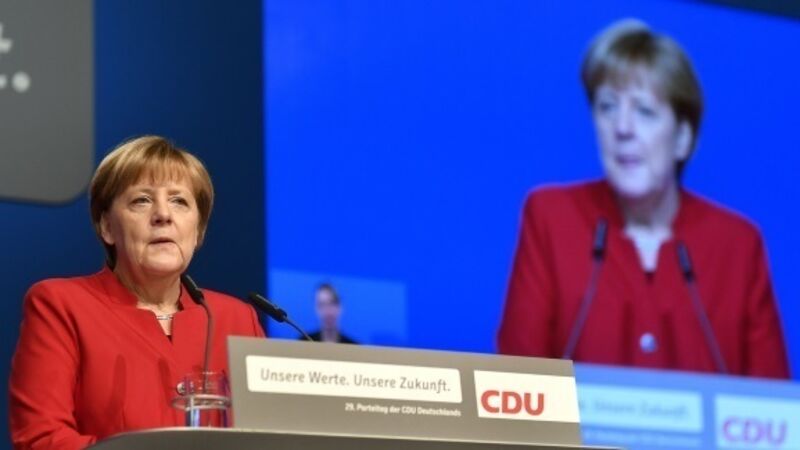Angela Merkel a strong voice in a fragmented world

That would be a remarkable achievement, even for the politician regularly described as the most powerful woman in the world. A fourth term as chancellor was surpassed only by Konrad Adenauer in the postwar period and by Helmut Kohl in the aftermath of reunification. Merkel is steering Germany — and nudging Europe — through choppy seas.
The stability, the calm authority she epitomises helps explain her enduring success. But other characteristics — borrowing rivals’ policy ideas, a cautious hesitancy that makes her seem more gray than charismatic, the acceptance of more than a million refugees in Germany, and accusations of underinvestment in infrastructure — may yet cast a shadow over the thing all politicians fret about, her legacy.
















